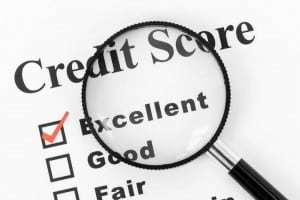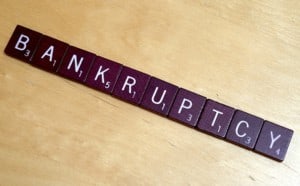 Bad credit makes it impossible for you to get the credit you need in order to live your lifestyle. Making payments late or missing payments will result in a bad credit score. There is the possibility that your credit rating can be ruined even if you don’t do anything wrong.
Bad credit makes it impossible for you to get the credit you need in order to live your lifestyle. Making payments late or missing payments will result in a bad credit score. There is the possibility that your credit rating can be ruined even if you don’t do anything wrong.
Credit is something we take for granted but it can affect every aspect of our lives. Open your wallet and count the number of credit cards in it. Do you have a mortgage? Car loan or car lease? Bank loan? What do they all have in common? Credit. So you see, you cannot afford to have bad credit.
How can a bad credit score cost you money?
- Anytime you apply for financing your credit rating is checked. If you have an excellent credit score you will pay less interest than someone with a moderate credit score. Over the term of your loan a less than stellar credit score can cost you thousands of dollars, particularly with a mortgage. Or, if your credit rating is poor, you may be refused financing. Too many potential credit grantors checking your credit score actually worsens your credit rating. If it is a poor credit score to start with, then too much checking pushes you that much closer to having bad credit.
- Did you know that a poor credit rating can affect your car insurance premiums? Car insurance companies sometimes consider people with bad credit as high risk drivers. Having a poor credit rating can cost your hundreds of dollars per year in car insurance premiums.
- Credit card debt can cost you up to 20% in interest.
Other ways that bad credit can affect you?
- Some landlords and property management companies run credit checks when you apply for a rental unit and will not rent to people with bad credit. A bad credit score may result in you being denied housing.
- You may not be able to turn on utilities in your name if you have a bad credit score or you did not pay your utilities in a timely fashion previously.
With bad credit, but with the need to obtain more credit to meet your expenses, it will force you to look for bad credit loans online, payday loans or brick and mortar bad credit loan companies. These lenders advertise guaranteed bad credit personal loans and take advantage of and attack the already vulnerable with their lending practices and high cost loans.
Order a copy of your credit report from Equifax or TransUnion. Bad credit can be repaired with professional help and a plan so that you can be Starting Over, Starting Now. There are several bankruptcy alternatives that can be used for people with bad credit needing help and avoid bankruptcy. Contact Ira Smith Trustee & Receiver Inc. today, get your life back on track.





